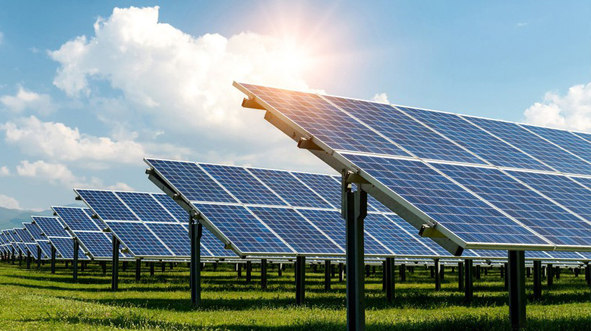Solar energy will be the cheapest option for Bangladesh by next year

Bangladesh’s progress in adopting renewable energy, particularly solar power, has been slow compared to global trends, according to researchers from Bloomberg NEF. They highlight that while gas-based power plants currently offer a cheaper investment option in Bangladesh, solar plants are poised to become the most cost-effective solution by next year. By 2030, solar plants with battery storage are projected to be the most economical choice. A study by Bloomberg NEF titled “Bangladesh Power Sector at the Crossroads” compares the levelised cost of electricity (LCOE) and required investments for various power plant options. It indicates that while gas and coal-based plants incur lower costs initially, solar power options, especially those integrated with battery storage, will offer more affordable and environmentally-friendly solutions in the long term. Researchers Mr. Ali Izadi Najafabadi and Mr. Isshu Kikuma, who conducted the study, recently engaged with journalists in Bangladesh to discuss these findings.
The cost of solar, wind, and battery technologies has seen significant declines, with solar and wind accounting for about 80 percent of new power capacity additions globally since 2015, aiming to mitigate carbon emissions and combat global warming. In 2022, solar emerged as the most favored new power-generating technology worldwide. However, some countries like Indonesia have opted for additional coal-fired power plants. Similarly, Bangladesh heavily relies on fossil fuel-based power plants for 97 percent of its electricity generation and plans to install more coal and gas-based plants over the next three years.
Bangladesh is considering co-firing ammonia with coal and blending hydrogen with natural gas to reduce carbon emissions starting in 2030, but retrofitting existing coal power plants for such methods may incur higher costs compared to solar or wind combined with batteries, according to researchers. They identify the “system” as a key barrier preventing Bangladesh from expanding into solar energy.




Comment here